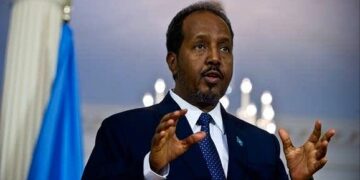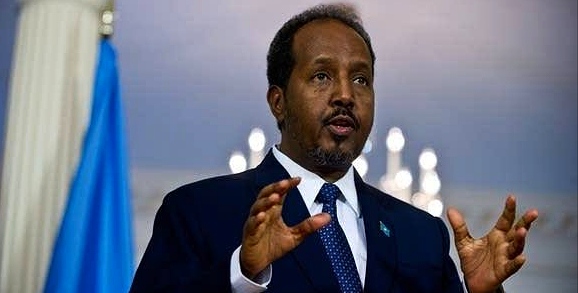Somalia’s President Hassan Sheikh Mohamud has urged the public to rally behind a groundbreaking initiative aimed at restoring universal suffrage in the country.
The move would mark the end of a ten-year period characterized by indirect voting methods.
During a four-day conference held in Mogadishu, the capital city, a series of proposals were meticulously crafted and unanimously agreed upon.
The most significant among these suggestions entails granting the populace the power to directly elect a national president, an opportunity that has eluded them since General Siad Barre’s ascent to power in 1969.
To set the wheels in motion, the initial step would involve the introduction of direct voting during local elections slated for June next year.
Thereafter, the system will be adopted for federal elections.
The disintegration of Somalia’s central government during the 1990s, triggered by the overthrow of Siad Barre, plunged the nation into a state of chaos and instability.
Since 2012, an interim administration, selected through indirect means, has grappled with the daunting task of governance.
Unfortunately, the interim arrangement has been tainted by clan rivalries, rampant corruption, and incessant political conflicts—compounded further by an ongoing Islamist insurgency.




































